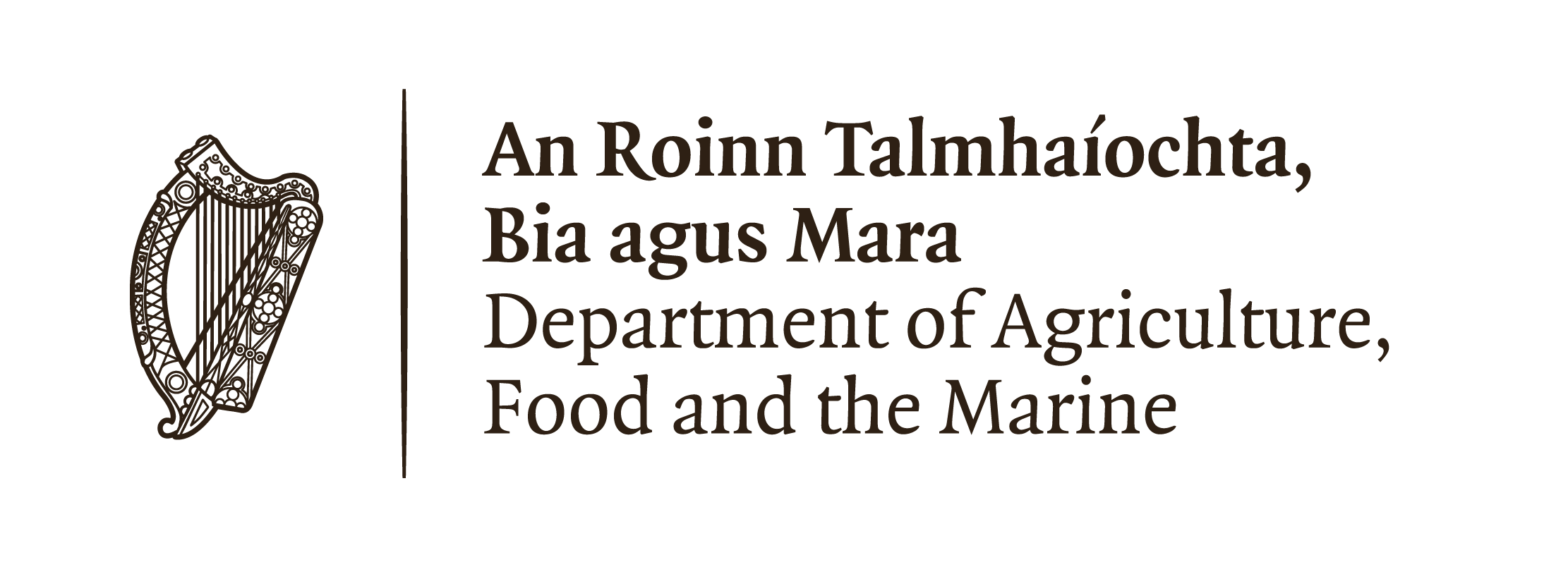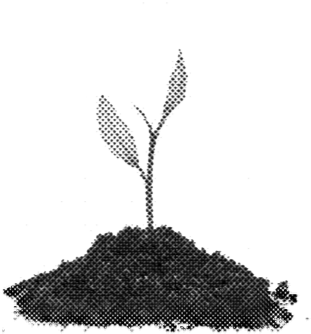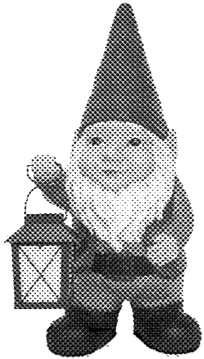Kiltyclogher is the birthplace of Seán Mac Diarmada, one of the seven signatories of the 1916 Proclamation of Irish independence, who was executed by the British in May 1916. Seán MacDiarmada’s family cottage is only a few kilometres outside the village in Corranmore.The cottage is a designated National Monument owned and maintained in its original condition by the Office of Public Works. It is of considerable historic importance as it is a fine example of a traditional Irish cottage and gives an insight into what life may have been like 100 years ago. Tours can be booked from the Kiltyclogher Heritage Centre which also house an exhibition about the 1916 Proclamation signatory Seán MacDiarmada. The exhibition contains an audio-visual facility and interpretive panels, providing visitors with information about Seán MacDiarmada and the history of the locality.
Prince Connell's Grave
Corracloona Court Tomb is located on a slope overlooking the northern tip of Lough MacNean, 3.3 km (2 miles) southeast of Kiltyclogher.
Corracloona Court Tomb was built c. 2000–1500 BC, in the early Bronze Age.
It is locally known as Prince Connell's Grave (Irish: Feart Chonaill Flaith). There are several nobles of this name in Irish legend; the most likely candidate is Conall Gulban, 5th-century founder of the Cenél Conaill. However, another legend places Conall Gulban's grave at the dolmen at Fenagh. In any case, both Corracloona and Fenagh monuments are thousands of years older than Conall Gulban. Prince Connell's Grave is usually described as a court tomb (court cairn), although some see it as a dolmen (portal tomb) or Wedge-shaped gallery grave (wedge tomb). It has a small forecourt and only one burial chamber, with a large slab separating the two.
Black Pig's Dyke
Remnants of the Black Pig's Dyke (Irish: Gleann na muice duibhe, meaning "glen of the black pig"), exist to the west of the village. These prehistoric earthworks, between the old rival Irish provinces of Ulster and Connacht, may have been constructed as defences against invasion and/or cattle-raiding.





